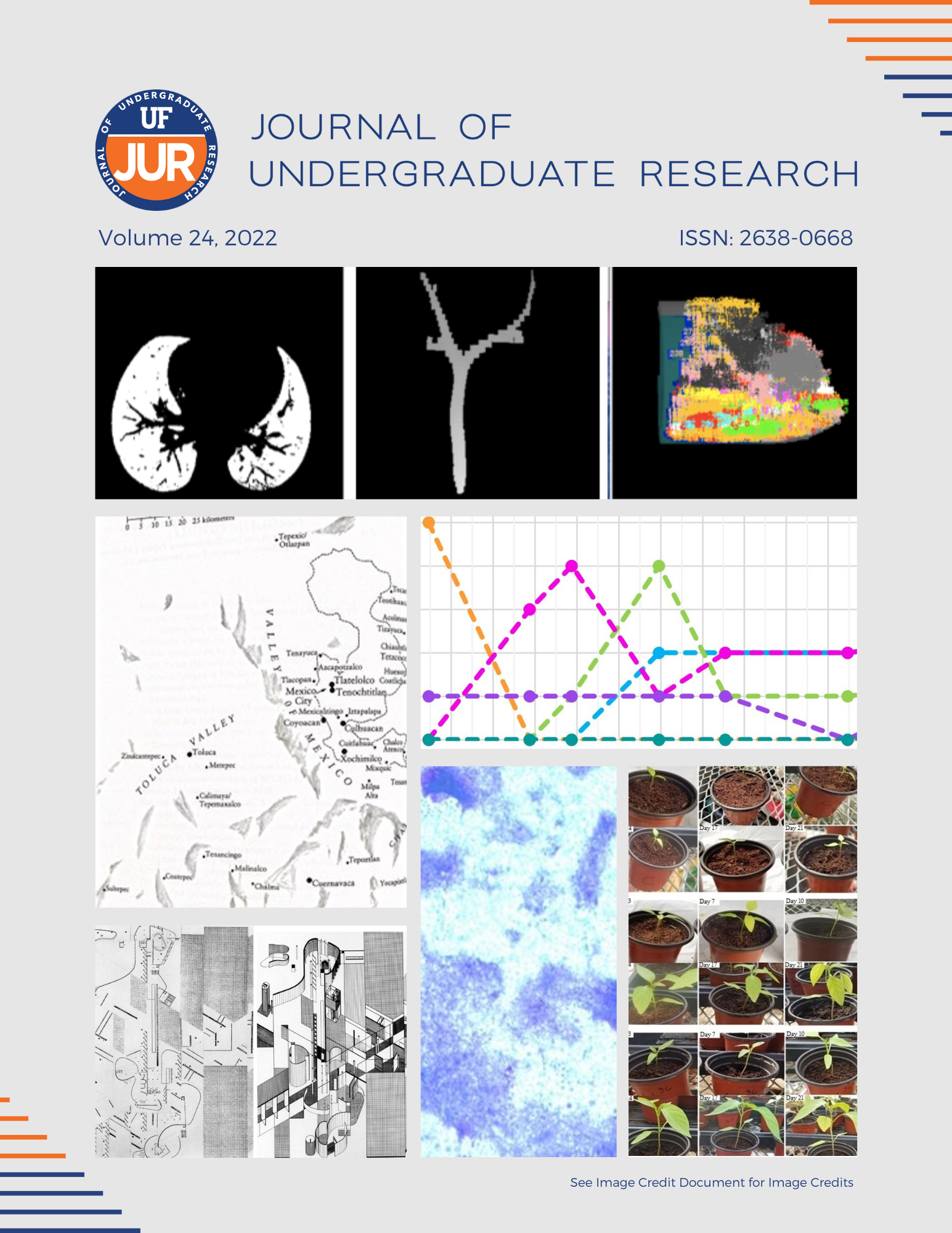Disorderly Conduct: Women’s Health and Women’s Rights (1883-1930)
DOI:
https://doi.org/10.32473/ufjur.24.130804Keywords:
conduct literature, feminism, gender roles, women’s suffrage, labor rights, Margaret Dreier Robins, National Women’s Trade Union League, eugenicsAbstract
The Victorian Era (1837-1901) is stereotypically characterized by propriety and sexual repression. Yet, during this time conduct literature for girls containing information on sex education as well as care for one’s body was widely circulated and read in response to fears over the spread of promiscuity, STDs, and prostitution. The authors of this literature exhibit acknowledgement of the need for women’s education on sexual hygiene rather than previously-enforced ignorance, and they also defined aspects of femininity and motherhood in tandem with sexuality in an effort to guide girls on “proper” womanhood. These books reinforced and shaped thought on gender roles which appear to have had persisting influence on the movements for female suffrage and labor rights that continued into the twentieth century. I investigate this issue using two conduct books as well as material from the collection of labor activist Margaret Dreier Robins (1868-1945). This investigation exposed many common values between the former medium and Robins’s reform efforts as head of the National Women’s Trade Union League, such as the importance of a gender-defined society, the centrality of collectivism and motherhood to the definition of femininity, as well as the harmful endorsement of eugenics in the production of healthy and democratic future generations. By comparing this literature, this paper begins to gather evidence on how the messaging of this conduct literature internalized in childhood could have shaped the direction of the progressive women’s movement.
Metrics
Downloads
Published
Issue
Section
License
Copyright (c) 2022 Katherine deClaire

This work is licensed under a Creative Commons Attribution-NonCommercial 4.0 International License.
Some journals stipulate that submitted articles cannot be under consideration for publication or published in another journal. The student-author and mentor have the option of determining which journal the paper will be submitted to first. UF JUR accepts papers that have been published in other journals or might be published in the future. It is the responsibility of the student-author and mentor to determine whether another journal will accept a paper that has been published in UF JUR.

